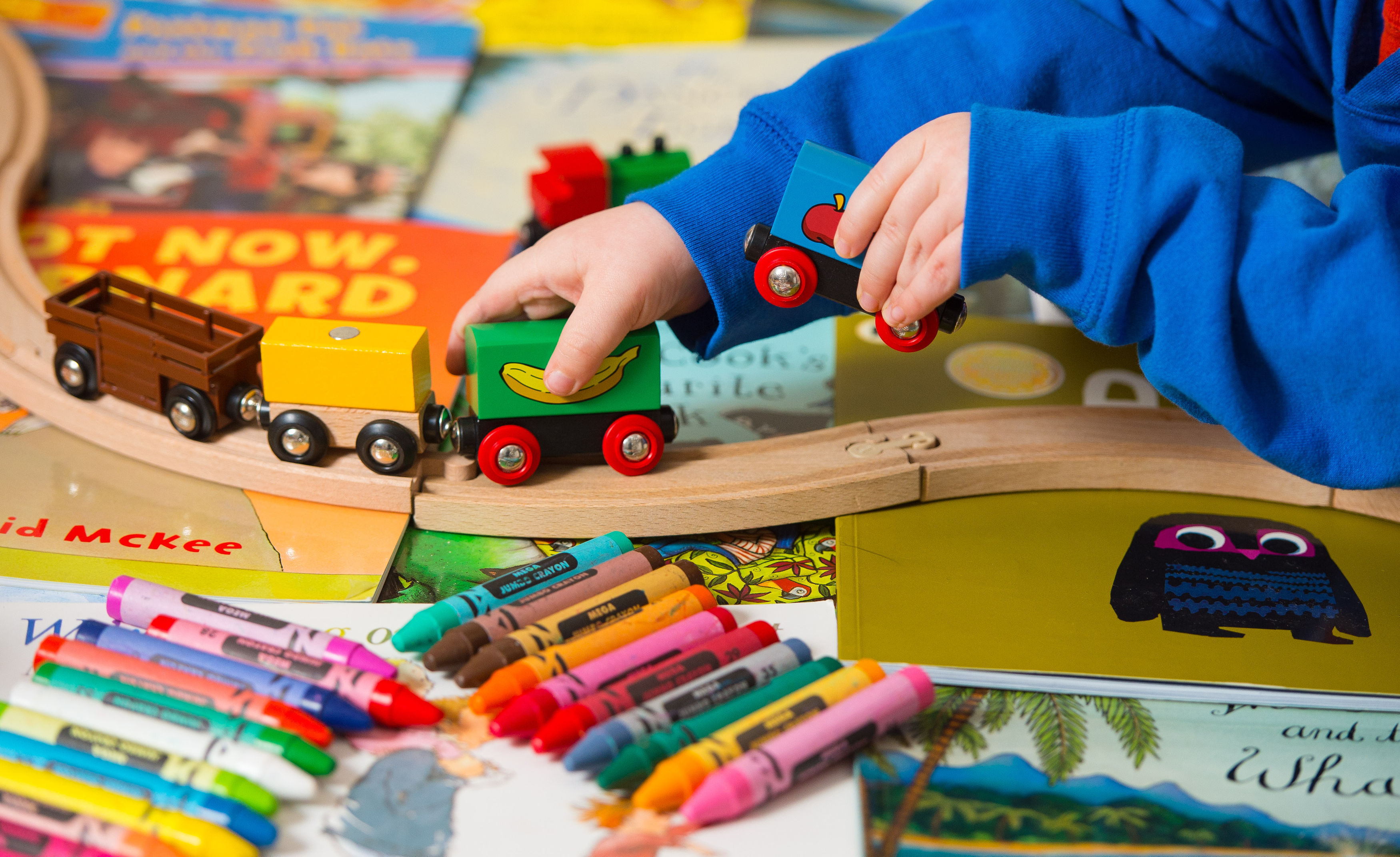
TWO-FIFTHS of over-50s providing regular care for their grandchildren feel the family would have struggled financially without their help, according to Age UK.
The charity found 40% of grandparents in this age group who have regularly cared for their grandchildren feel this way.
The research was released ahead of Grandparents Day on Sunday October 1.
More than half (57%) of grandparents providing regular childcare believe their help has enabled their own children to work more to support their family.
Had they been unable to look after their grandchildren, a fifth (20%) of grandparents who have provided regular care feel the parents would have been unable to continue working, over a third (35%) felt they would have had to reduce their hours, and over half (54%) said the parents would have had to pay for formal childcare.
Nearly nine in 10 (89%) of those providing regular care do or have done so at least once a week, with over one in 10 (12%) looking after their grandchildren at least once a day.
More than 1,000 grandparents aged 50 and over from the UK were surveyed, of whom just over 420 provided regular care for their grandchildren.
The research also looked at the impact on grandparents themselves.
Gran’s in the driving seat: Meet the relatives who clock up thousands of miles caring for grandkids
Just over a fifth (22%) of those who provided regular care for their grandchildren stopped work or reduced their hours in order to do so.
Age UK is urging grandparents aged under state pension age who regularly look after their grandchildren aged under 12 to check whether they are entitled to claim national insurance (NI) credits. Doing this could help to boost their state pension.
Age UK’s charity director, Caroline Abrahams, said: “Many grandparents play a vital role in the care of their grandchildren, enabling their own children to stay in work and provide for the family.
“But many are unaware that they could be claiming extra credits to boost their state pension which could make a significant difference to their retirement income.
“We’d like to hear from any grandparents who are providing regular care for their grandchildren and in their mid-60s or younger in case they are entitled to apply for NI credits.”
Sir Steve Webb, a former pensions minister who is now director of policy at Royal London, said: “Our Freedom of Information request earlier this year found that an average of just two grandparents per constituency were taking up the credits they are entitled to when they look after grandchildren.
“Grandparents play a vital role in helping parents get back to work after the birth of a child and they should not lose out in terms of their own state pension as a result.
“Mums can sign over the credits that they get for receiving child benefit to a grandparent or other family member, so the whole family has a part to play in making sure this valuable entitlement is received by Britain’s grandparents.”
Age UK said any grandparent who thinks they may be entitled can call the charity’s advice line in 0800 169 6565 or visit www.ageuk.org.uk for more information.
Further information about NI credits is also available on the Government website – www.gov.uk/national-insurance-credits/eligibility.

Enjoy the convenience of having The Sunday Post delivered as a digital ePaper straight to your smartphone, tablet or computer.
Subscribe for only £5.49 a month and enjoy all the benefits of the printed paper as a digital replica.
Subscribe